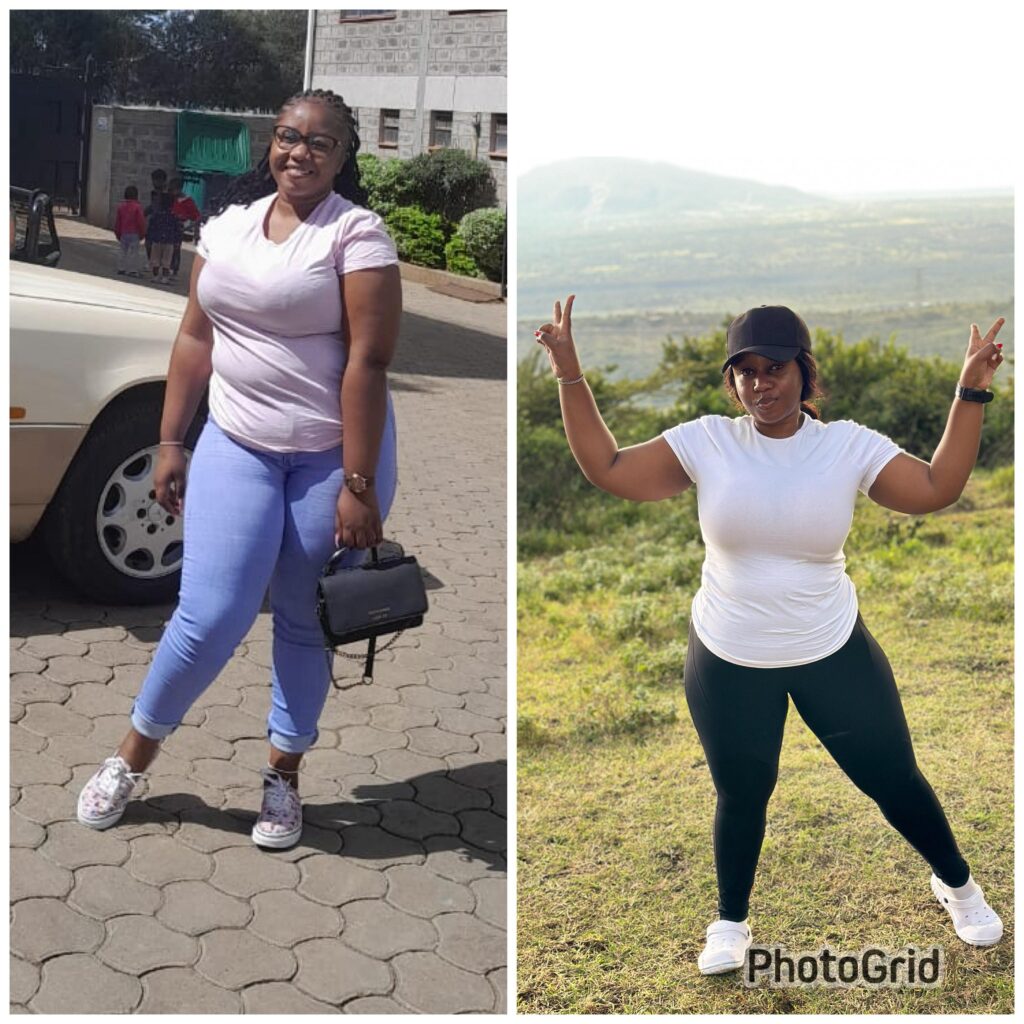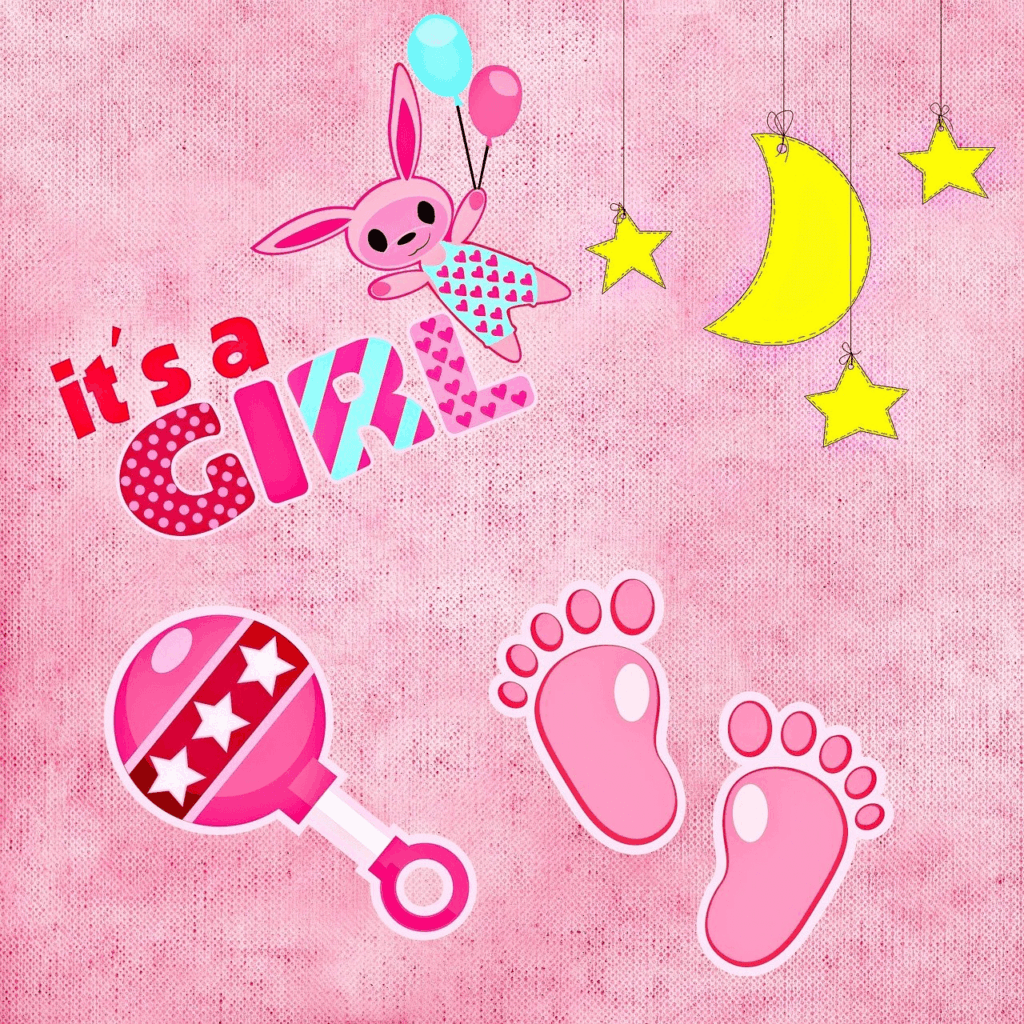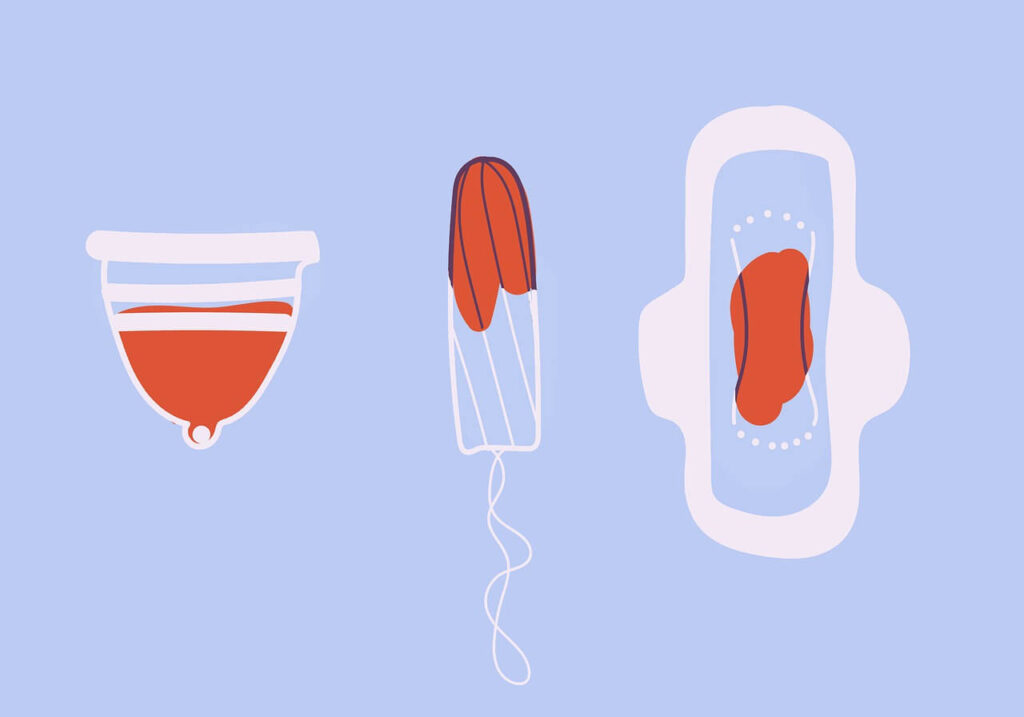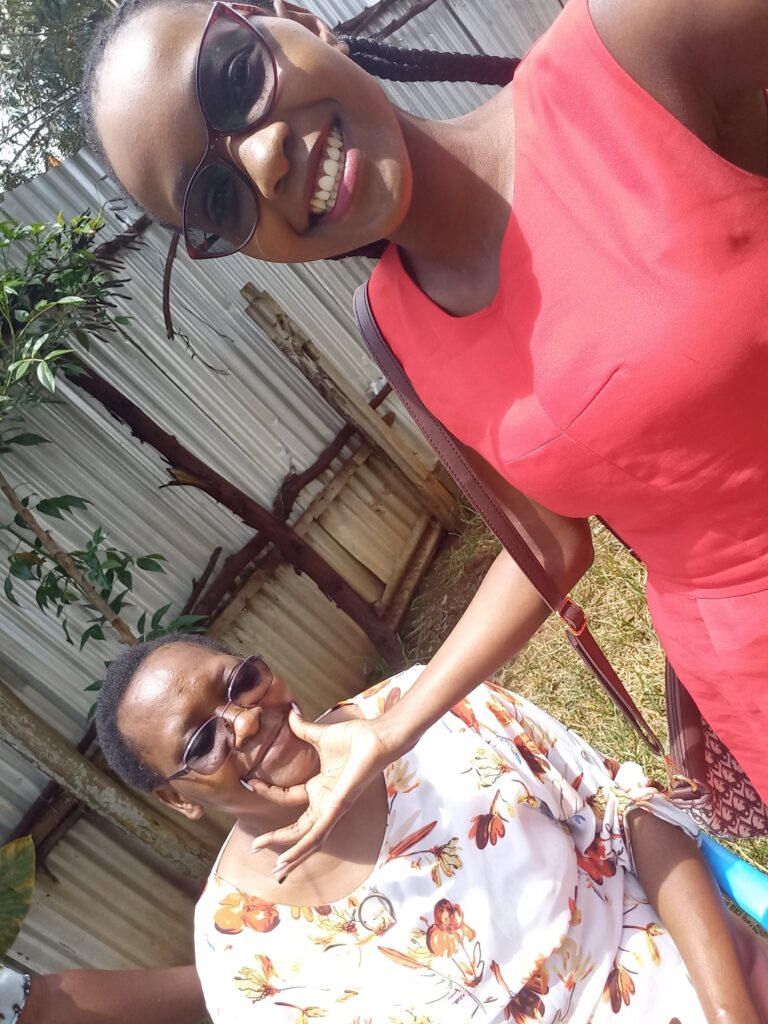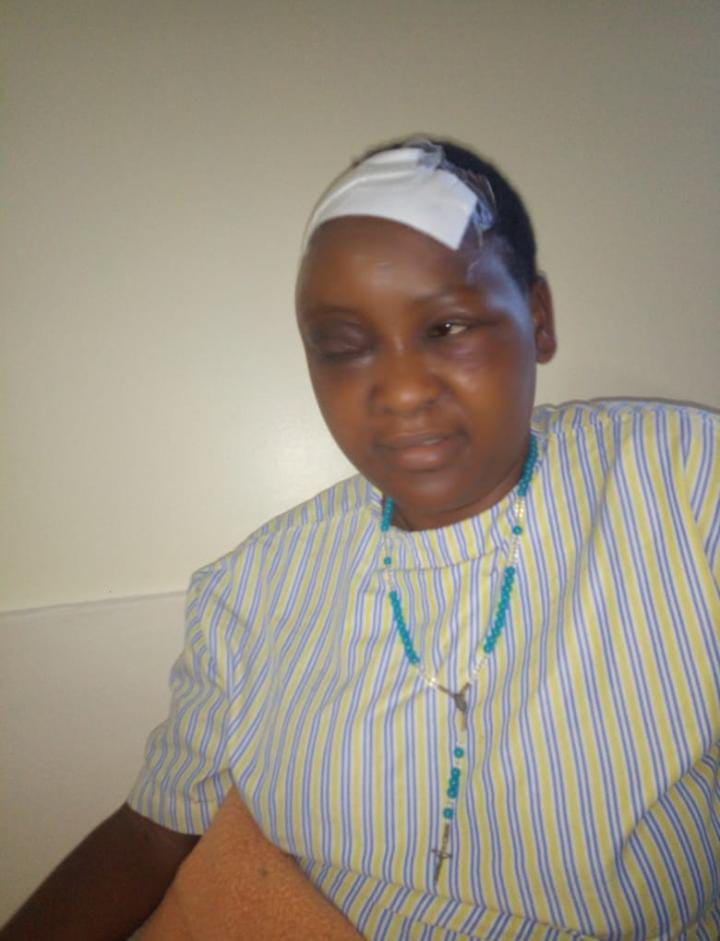Posted in2025 Contemporary Women Stories Fitness
Brenda’s Weight Loss Journey: A Story of Discipline, Commitment, and Female Power”
One of the biggest insecurities of the contemporary woman is weight. We are shamed and judged, and bullied for being slim, thick, and everything in between. The worst part is…
